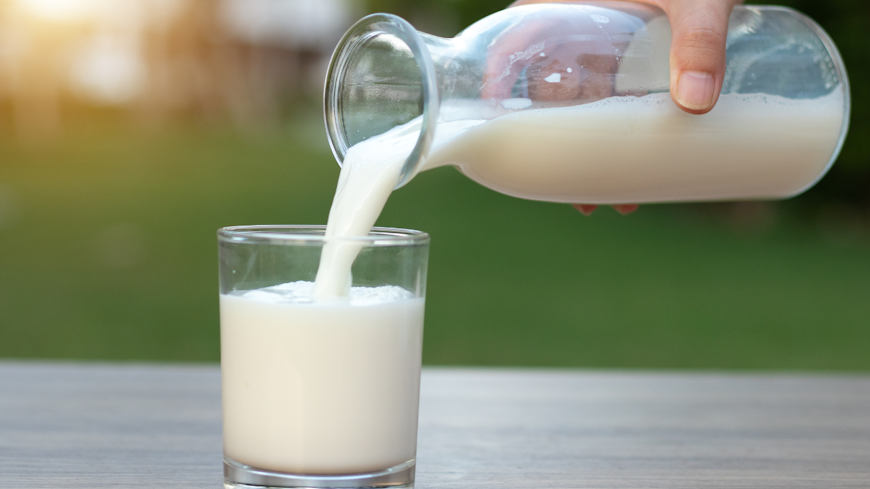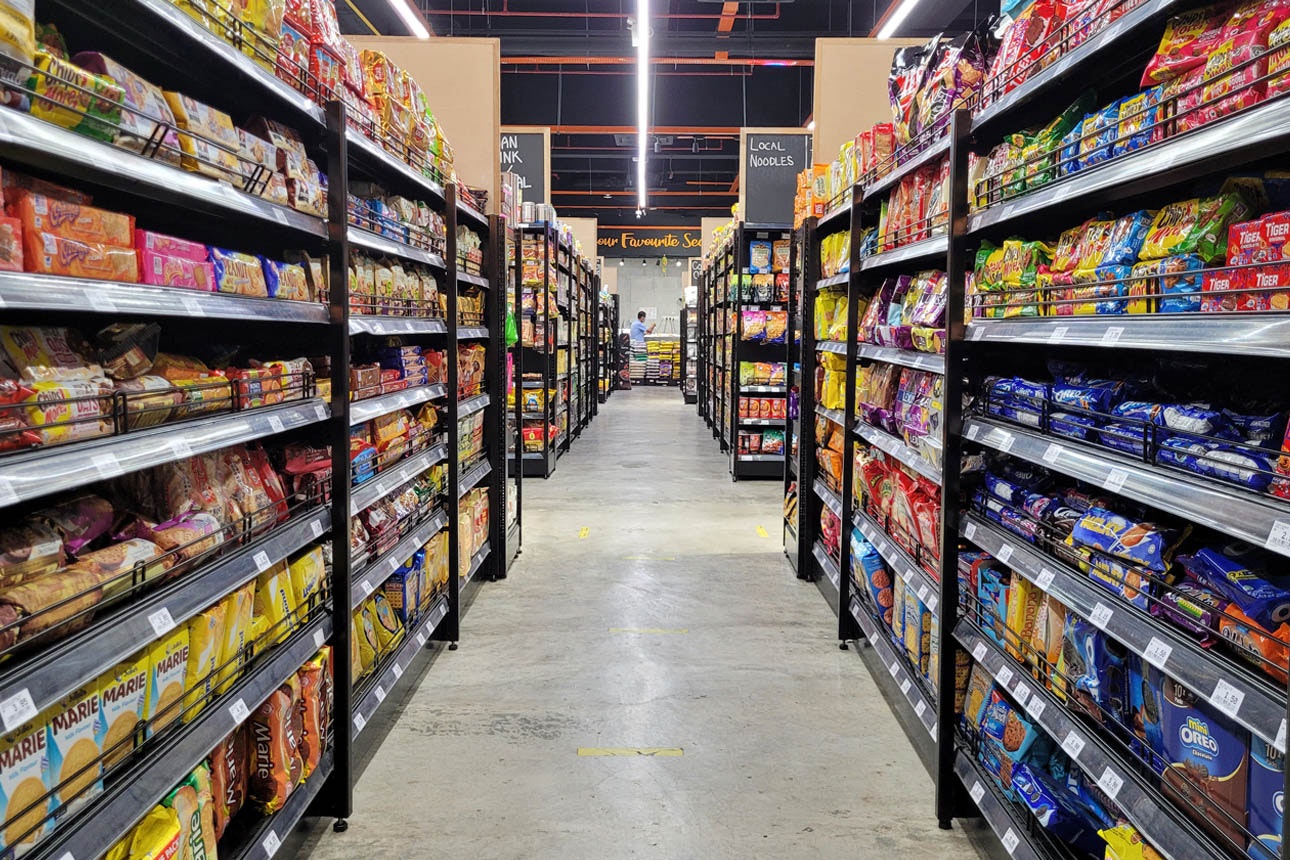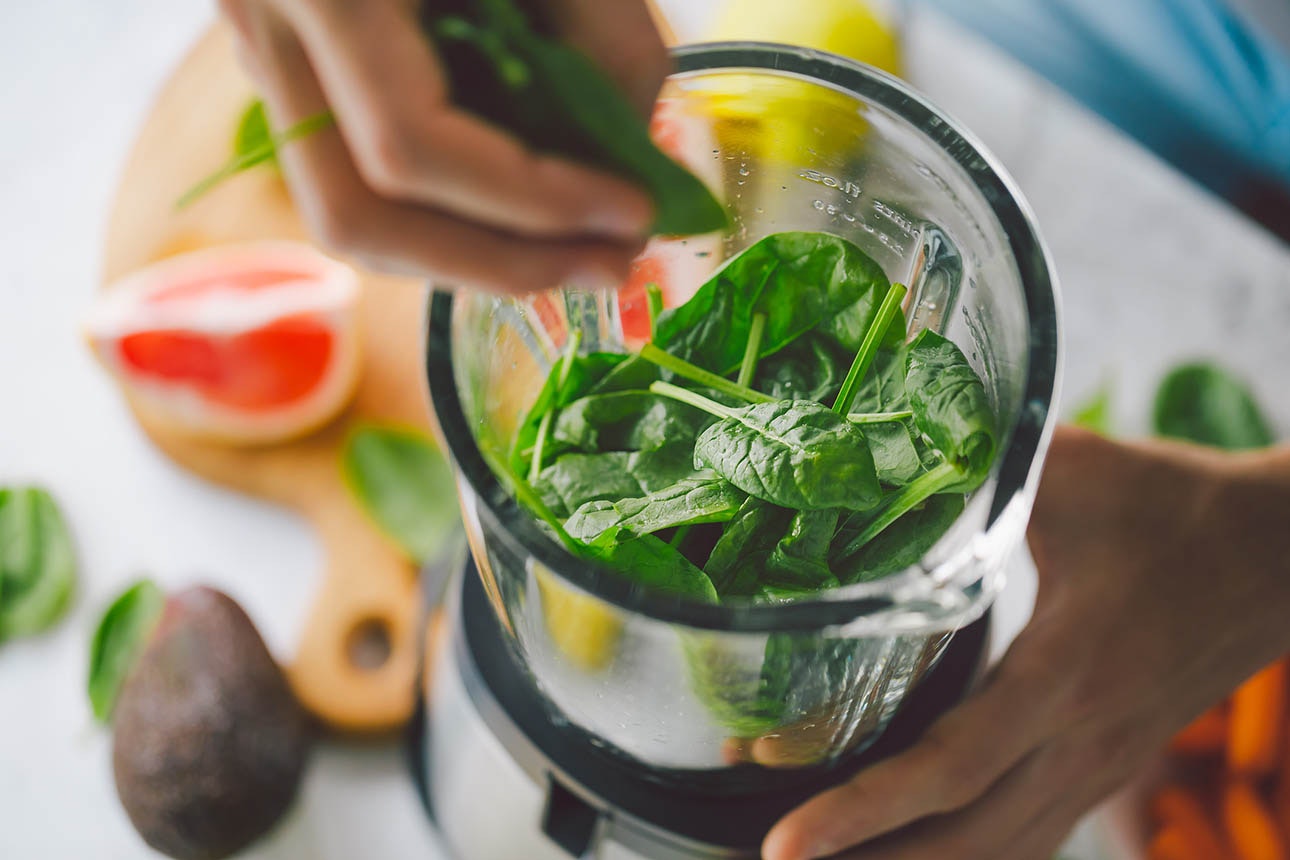
By Belinda Castles
Researcher | Kairangahau
Last week specific batches of Lindsay Farm organic raw milk were recalled as they may contain Campylobacter bacteria.
Raw milk isn’t pasteurised (heat treated), which means it misses a process that kills harmful bacteria, such as Campylobacter and toxin-producing strains of E.coli.

What are the risks?
It doesn’t matter how carefully the animals are milked, there is a risk of harmful bacteria getting into the milk and there’s no way of telling by taste, sight or smell. Getting sick from these bacteria can result in diarrhoea, stomach cramps and vomiting. Severe cases can also lead to kidney failure and even death.
The young, older people, pregnant women and people with a weakened immune system are more likely to get sick from raw milk. New Zealand Food Safety (NZFS) recommends these high-risk groups don’t consume raw milk.
From the start of 2019 to mid-2023, there have been ten reported outbreaks of illness associated with people consuming raw milk in New Zealand.
For most outbreaks, raw milk is not the only risk factor – contact with farm animals and contact with untreated water are often mentioned. This means there’s sometimes no definite proof raw milk caused the illness, but it’s difficult to confirm because the suspected batch of milk has already been consumed in many cases.
What are the regulations?
Since 2016, you’ve only been able to buy raw milk from a farmer registered by NZFS. These farmers must be verified, test their milk for pathogens, and have appropriate product labelling, if it is packaged. Labels must give use-by dates, storage advice and warnings about the risks of raw milk for high-risk groups. If consumers are filling their own containers, this information will be available for them to apply their own label.
Farmers can only sell raw milk directly from the farm gate or by providing a home delivery service – you can no longer collect your raw milk from collection points, such as your local health food store.
There are currently 23 registered producers – 13 in the North Island and ten in the South Island.
Reducing risks of getting sick from raw milk
Only buy from a registered raw milk supplier because they must follow strict hygiene practices.
Keep raw milk chilled while transporting it from the farm.
Heat it until just boiling or at 70°C for one minute before drinking it. This will kill any harmful bacteria in the milk.
Keep it in the fridge and make sure your fridge is 4°C or colder.
If raw milk gets to room temperature, throw it out.
If you are serving raw milk to friends or visitors, let them know and advise them of the risks.
Drink raw milk before its use-by date.
If you’re using reusable containers to collect your raw milk, make sure they are clean and dry.
Don’t give raw milk to young people, older people, pregnant women or people with compromised immunity.
Give your contact details to the farmer so you can be reached if milk testing identifies problems.
You can get more information on raw milk on New Zealand Food Safety's webpage.


